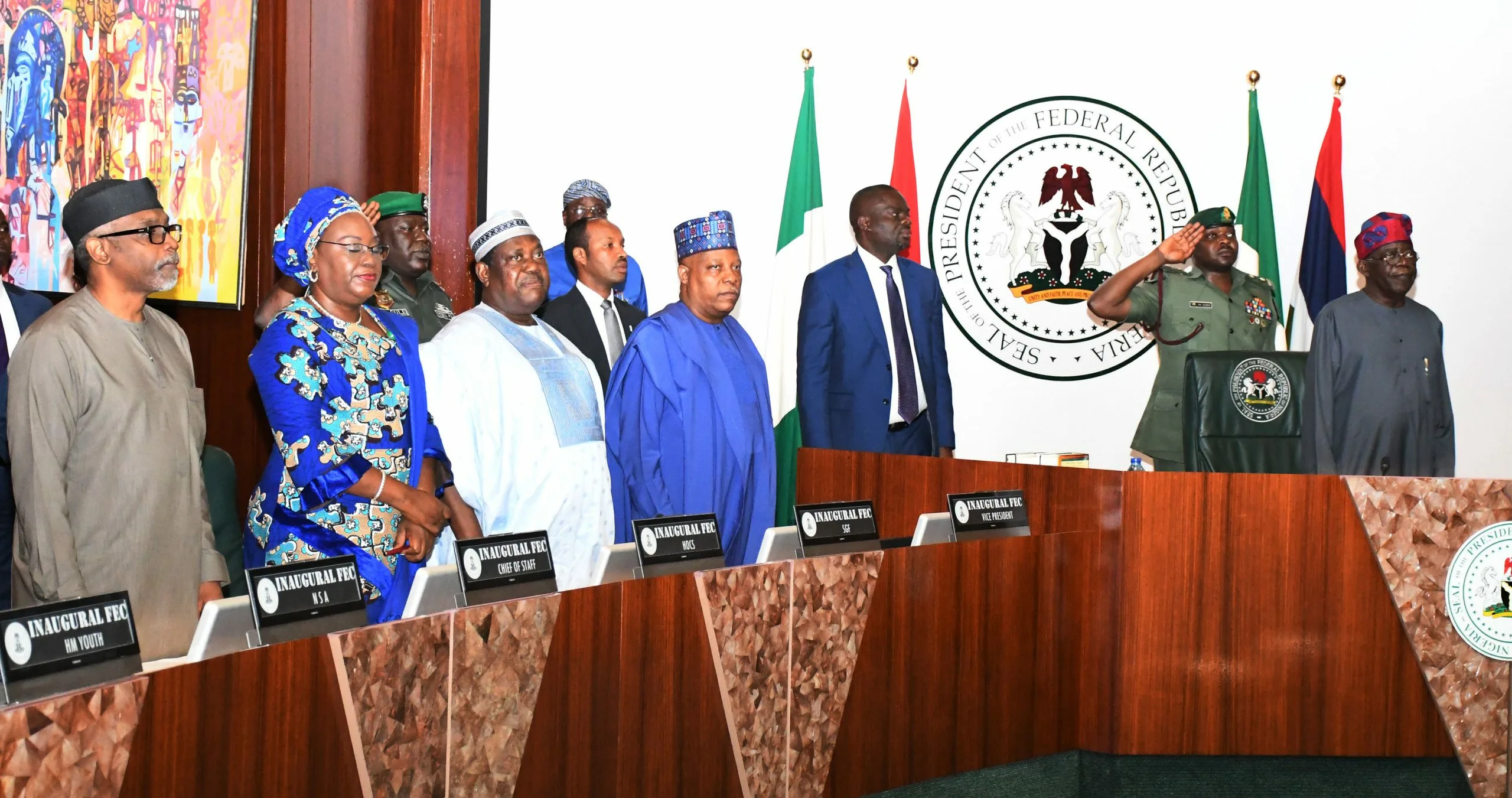THE GUARDIAN
Outcomes of the last general elections and unprecedented flurry of election petitions have heightened credibility doubts of the Independent National Electoral Commission’s (INEC) ability to conduct a free, fair and credible election.
Although the trend of ‘election by court order’ has continued since the return of civil rule in 1999, disputed election outcomes waiting for judicial resolution in this year’s polls are alarming.
For instance, a total of 1,280 political offices were contested in 2023, comprising the office of the presidency, 109 members of the Senate, 360 seats for the Federal House of Representatives, 782 House of Assembly seats across 28 states of the federation and 28 governorship positions.
Out of the total figure, 1,209 petitions are before the judiciary for adjudication, according to the President of the Court of Appeal (PCA), Justice Monica Dongban-mensem during the ceremony to commence the 2023/2024 legal year in Abuja, representing a whopping 94.453 per cent of the positions where votes were cast.
The implication is that the electorate have less say about who becomes their leader, as that responsibility has substantially been shifted to the judiciary.
As it is, only 71 offices are truly decided by the citizens, representing a paltry 5.547 per cent of the offices contested.
According to the human rights lawyer, Prof. Chidi Odinkalu, these statistics confirm that the 2023 elections rival that of 2007 in infamy, despite the amendments to the Electoral Act and promises by the electoral umpire to improve the process.
“By contrast, 2015 was the first time that Nigeria’s presidential election did not end up in court, reflecting the consensus that the elections of that year were relatively well organised with results that largely reflected the will of the people.
“It was also the first time that the proportion of elections ending up in courts was less than 50 per cent (663 petitions or 44.32 per cent). The 2019 elections produced 766 petitions (51.2 per cent), roughly the same number as the 769 (51.4 per cent) seen in 2011,” he pointed out.
Considering the clogged dockets of the judiciary in Nigeria, Justice Dongban-Mensem stated that the court delivered 7,295 judgments and 3,665 motions in the 2022/2023 legal year, adding that it could have done more, but for the electoral dispute interregnum.
She added that 98 panels were constituted to hear the 1,209 election petitions nationwide.
Five of them, she said, were filed and concluded at the Presidential Election Petition Court, while 147 filed at the senatorial election tribunal have been delivered and 417 petitions from the House of Representatives are being attended to.
The PCA also said 557 petitions associated with State Houses of Assembly and 83 gubernatorial complaints are being disposed of, adding that 28 states participated in the governorship elections, with petitions filed in 24 of them.
The figures excluded the pre-election disputes, which most of them terminated at the apex court.
Chief Justice of Nigeria (CJN), Justice Olukayode Ariwoola, during the new legal year speech, acknowledged the pressure political cases are mounting on the judiciary due to the timeline attached to their determination.
He said: “I want to specifically appreciate and acknowledge my brother Justices who have delivered 272 judgments in the normal civil, criminal and election related Appeals under immense pressure.
Last November, the chairman of INEC, Mahmood Yakubu, lamented that the Commission was handling over 600 pre-election cases in several courts across the federation during a capacity-building workshop for over 300 judges that would handle election disputes.
He revealed that the cases pending against the electoral body relate to the conduct of primaries by political parties, meaning that now that the elections are over, the cases have risen, such that INEC will be contending with about 1,209 cases, since litigants usually join the Commission in their petitions.
Aware of the litigious culture, INEC in its Election Project Plan for the 2023 general election earmarked N3 billion of tax-payers money to defend election-related disputes in court.
However, stakeholders are blaming INEC, lawyers and the politicians for subletting the right to choose political leadership to the judiciary, warning that if the trend is not checked, it will get to a point where there will be no need to organise any election.
Lagos lawyer, Bankole Kayode, believes that politicians are majorly to be blamed.
According to him, politicians are afraid to lose elections because the consequences of their electoral defeat are quite heavy.
“They instantly become abandoned and deserted by their supporters in addition to the loss of the heavy money and resources they deploy to the failed election venture, therefore, they become worse than someone infected with leprosy.
“The next thing they resort to, to avoid being deserted is to give false hope to their supporters that the courts will restore to them their ‘stolen mandate’ and hence the high rate of litigation we see all over,” he said, adding that many lawyers who ought to discourage frivolous litigations by appropriately advising their clients will rather cash in on the situation to make a fortune out of the desperate losers of the elections by rushing to courts in spite of the poor chances of success.
READ THE FULL STORY IN THE GUARDIAN


